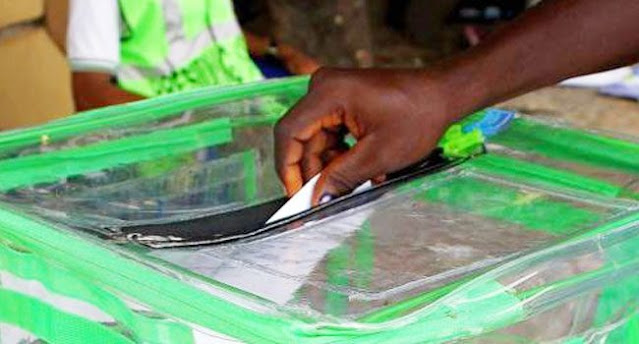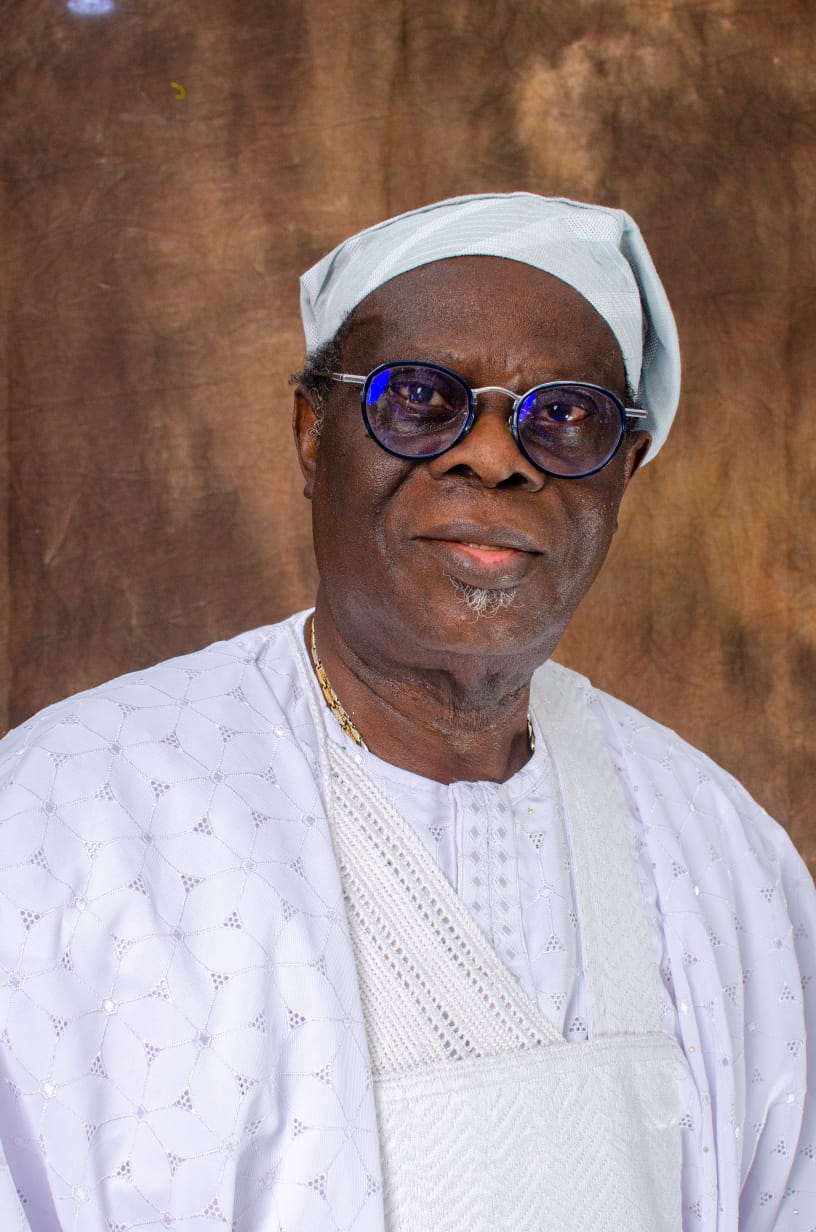On September 3, 2025, the Anambra State Independent Electoral Commission (ANSIEC) announced that local government elections across the state’s 21 local government areas (LGAs) will take place on August 29, 2026. This announcement, made by ANSIEC Chairman Mrs. Genevieve C. Osakwe, marks a significant milestone in Anambra’s democratic journey, particularly after a decade-long absence of local government elections. The decision, aligned with legal frameworks such as Section 28(1) of the Electoral Act, 2022, and Section 23 of the Anambra State Electoral Law, 2024, signals a renewed commitment to grassroots governance under the administration of Governor Chukwuma Soludo. This article explores the details of the announcement, the historical context of local government elections in Anambra, the political landscape, and the broader implications for democracy and development in the state.
The Announcement: A New Chapter for Anambra’s Local Governance
In a statement issued in Awka, the capital of Anambra State, ANSIEC Chairman Mrs. Genevieve C. Osakwe declared that the local government elections will be held to elect chairmen and councillors across the state’s 21 LGAs. The announcement, detailed in a press release, emphasized the commission’s adherence to legal mandates empowering it to organize and conduct elections. According to Osakwe, political parties are encouraged to begin preparations by obtaining nomination forms from ANSIEC’s office along the Enugu–Awka Expressway. The election timetable and schedule of activities will be available for collection starting Friday, November 28, 2025, providing political parties and candidates with ample time to prepare.
The significance of this announcement cannot be overstated. Local government elections are a cornerstone of Nigeria’s democratic system, as enshrined in Section 7(1) of the 1999 Constitution, which guarantees a system of democratically elected local government councils. These elections ensure that grassroots communities have a voice in governance, allowing elected officials to address local needs such as infrastructure, education, and healthcare. In Anambra, however, the absence of local government elections for over a decade has left the third tier of government under the control of appointed caretaker committees, a practice that has drawn criticism for undermining democratic principles.
Historical Context: A Decade Without Local Elections
To fully appreciate the importance of the 2026 elections, it is essential to examine Anambra’s history of local government administration. The last local government election in the state was held in 2013 during the tenure of former Governor Peter Obi. That election, conducted under the All Progressives Grand Alliance (APGA), saw the party dominate the polls, securing most chairmanship and councillorship positions. However, the subsequent administration of Governor Willie Obiano, which spanned eight years from 2014 to 2022, did not conduct any local government elections. Instead, Obiano relied on caretaker committees to manage the 21 LGAs, a decision that sparked widespread criticism from civil society organizations, opposition parties, and grassroots stakeholders.
The reliance on caretaker committees has been a contentious issue in Anambra. Critics argue that appointed officials lack the accountability and legitimacy that come with democratic elections, often serving the interests of the state governor rather than the local populace. In 2023, a member of the Anambra State House of Assembly, Hon. Nigeria Mbachu, expressed concern over the omission of local government elections in the state’s 2024 budget, highlighting the neglect of the third tier of government. Mbachu noted that the budget allocation for ANSIEC in 2024 was insufficient to conduct elections, signaling a lack of readiness at the time.
The prolonged absence of elections has had tangible consequences for Anambra’s development. Local governments are responsible for critical services such as road maintenance, waste management, and primary education. Without elected officials, many communities have faced delays in project implementation and a disconnect between local needs and government action. The announcement of the 2026 elections, therefore, represents a long-overdue step toward restoring democratic governance at the grassroots level.
The Role of Governor Chukwuma Soludo
Since taking office in 2022, Governor Chukwuma Soludo has faced mounting pressure to conduct local government elections. Civil society organizations, political analysts, and community leaders have consistently called for the restoration of democratic processes at the local level. Soludo’s administration has prioritized economic and infrastructural development, with initiatives such as free education for public schools, employment of teachers and medical workers, and extensive road construction projects. However, the lack of elected local government officials has been a sticking point, with critics arguing that appointed committees cannot effectively deliver the dividends of democracy.
The announcement of the 2026 elections follows Soludo’s recent efforts to strengthen ANSIEC’s capacity. In August 2024, Soludo inaugurated the members of the commission, urging them to ensure a “clean and credible” electoral process. This move was seen as a response to growing public demand for local elections and a commitment to fulfilling constitutional obligations. The successful conduct of the September 28, 2024, local government elections, which saw APGA sweep all 21 chairmanship seats and 326 councillorship positions, further demonstrated Soludo’s influence and the dominance of his party in Anambra’s political landscape.
The 2024 elections, while a significant achievement, were not without controversy. The Labour Party announced a boycott of the polls, citing concerns over the process’s credibility, and threatened legal action. Despite these challenges, ANSIEC Chairman Osakwe described the elections as “free, fair, and credible,” emphasizing the commission’s efforts to ensure transparency. The overwhelming victory of APGA, however, raised questions about the competitiveness of the electoral process, particularly as opposition parties like the Peoples Democratic Party (PDP) and All Progressives Congress (APC) withdrew from the race.
Political Dynamics in Anambra
Anambra’s political landscape is dominated by APGA, which has maintained a stronghold since 2006. The party’s success in the 2024 local government elections, where it secured all available positions, underscores its organizational strength and popularity among voters. APGA’s dominance is attributed to several factors, including its alignment with Igbo cultural identity, strong grassroots mobilization, and the influence of key figures like Governor Soludo, a former Central Bank of Nigeria governor known for his economic expertise.
However, the lack of opposition participation in the 2024 elections has raised concerns about the state’s democratic health. The withdrawal of major parties like PDP and APC, coupled with the Labour Party’s boycott, suggests underlying issues with the electoral process. Political analysts argue that a lack of competition could lead to complacency and undermine accountability. The 2026 elections, therefore, present an opportunity for opposition parties to regroup and challenge APGA’s dominance, provided ANSIEC can ensure a level playing field.
The role of political parties in preparing for the 2026 elections will be crucial. ANSIEC’s call for parties to obtain nomination forms signals the start of a competitive process, with candidates vying for chairmanship and councillorship positions. The availability of the election timetable from November 2025 will allow parties to strategize, select candidates, and engage voters. However, the success of the elections will depend on ANSIEC’s ability to address concerns raised during the 2024 polls, including allegations of bias and logistical challenges.
Implications for Grassroots Governance
The restoration of local government elections in Anambra has far-reaching implications for grassroots governance. Elected officials are better positioned to address local needs, as they are directly accountable to their constituents. Unlike appointed caretaker committees, elected chairmen and councillors must engage with communities, respond to their concerns, and deliver tangible results to secure re-election. This accountability is critical for addressing issues such as poor infrastructure, inadequate healthcare, and limited access to education in rural areas.
The 2026 elections also have the potential to empower local leaders and strengthen democratic institutions. By giving communities a voice in their governance, the elections can foster greater civic participation and trust in the democratic process. This is particularly important in Anambra, where the prolonged absence of elections has led to apathy and disillusionment among voters.
Moreover, the elections align with broader national efforts to strengthen local governance. In 2024, Nigeria’s Supreme Court ruled that local governments should receive direct allocations from the federal government, bypassing state control. This landmark decision aims to enhance the financial autonomy of LGAs, enabling them to fund critical projects without relying on state governments. The 2026 elections will ensure that elected officials are in place to manage these funds effectively, further boosting local development.
Challenges and Opportunities
While the announcement of the 2026 elections is a positive development, several challenges must be addressed to ensure their success. First, ANSIEC must demonstrate its independence and impartiality. The controversies surrounding the 2024 elections, including the Labour Party’s boycott and opposition withdrawals, highlight the need for greater transparency and inclusivity. ANSIEC must engage with all stakeholders, including opposition parties, civil society, and the media, to build confidence in the electoral process.
Second, voter education and participation will be critical. Anambra has a history of low voter turnout, with only 35% of eligible voters participating in the 2019 general elections. To boost participation, ANSIEC and civil society organizations must conduct robust voter education campaigns, emphasizing the importance of local elections and their impact on community development. The use of technology, such as social media and mobile apps, can help reach younger voters and urban populations.
Third, security remains a concern. Anambra has faced challenges with insecurity, including separatist violence linked to the Indigenous People of Biafra (IPOB). The heavy presence of security forces during the 2023 general elections in Anambra and the southeast region contributed to high voter turnout, as citizens felt safer at polling stations. Similar measures will be needed for the 2026 elections to ensure a peaceful and orderly process.
Despite these challenges, the elections present significant opportunities. They offer a chance to strengthen democratic institutions, empower local communities, and align Anambra’s governance with constitutional mandates. For Governor Soludo, the elections are an opportunity to consolidate his administration’s achievements and demonstrate a commitment to democratic principles. A successful electoral process could also serve as a model for other states that have neglected local government elections.
The Broader Context: Local Governance in Nigeria
Anambra’s move to conduct local government elections reflects a broader trend in Nigeria, where states are under increasing pressure to comply with constitutional requirements. Many states, including Lagos, Rivers, and Kano, have faced criticism for relying on caretaker committees rather than elected officials. The Supreme Court’s 2024 ruling on local government autonomy has intensified this pressure, compelling states to hold elections and empower LGAs.
The case of Anambra is particularly significant given its status as a politically and economically vibrant state. Known as the “Light of the Nation,” Anambra is one of Nigeria’s most urbanized states, with major commercial hubs like Onitsha and Nnewi. The state’s high population density and economic activity make effective local governance essential for sustaining growth and addressing urban challenges. The 2026 elections could set a precedent for other states, demonstrating the benefits of democratic local governance.
Conclusion
The announcement of local government elections in Anambra for August 29, 2026, marks a pivotal moment in the state’s democratic journey. After a decade of reliance on caretaker committees, the decision to hold elections reflects a commitment to restoring grassroots governance and fulfilling constitutional mandates. Under the leadership of Governor Chukwuma Soludo and ANSIEC Chairman Genevieve Osakwe, Anambra has an opportunity to strengthen its democratic institutions, empower local communities, and address long-standing governance challenges.
The success of the 2026 elections will depend on ANSIEC’s ability to ensure transparency, inclusivity, and security. Political parties, civil society, and voters must also play their part by engaging actively in the process. If conducted credibly, the elections could usher in a new era of accountability and development in Anambra, setting a standard for other Nigerian states to follow. As the state prepares for this historic event, the eyes of the nation will be on Anambra, watching to see if it can deliver on the promise of democratic renewal.






